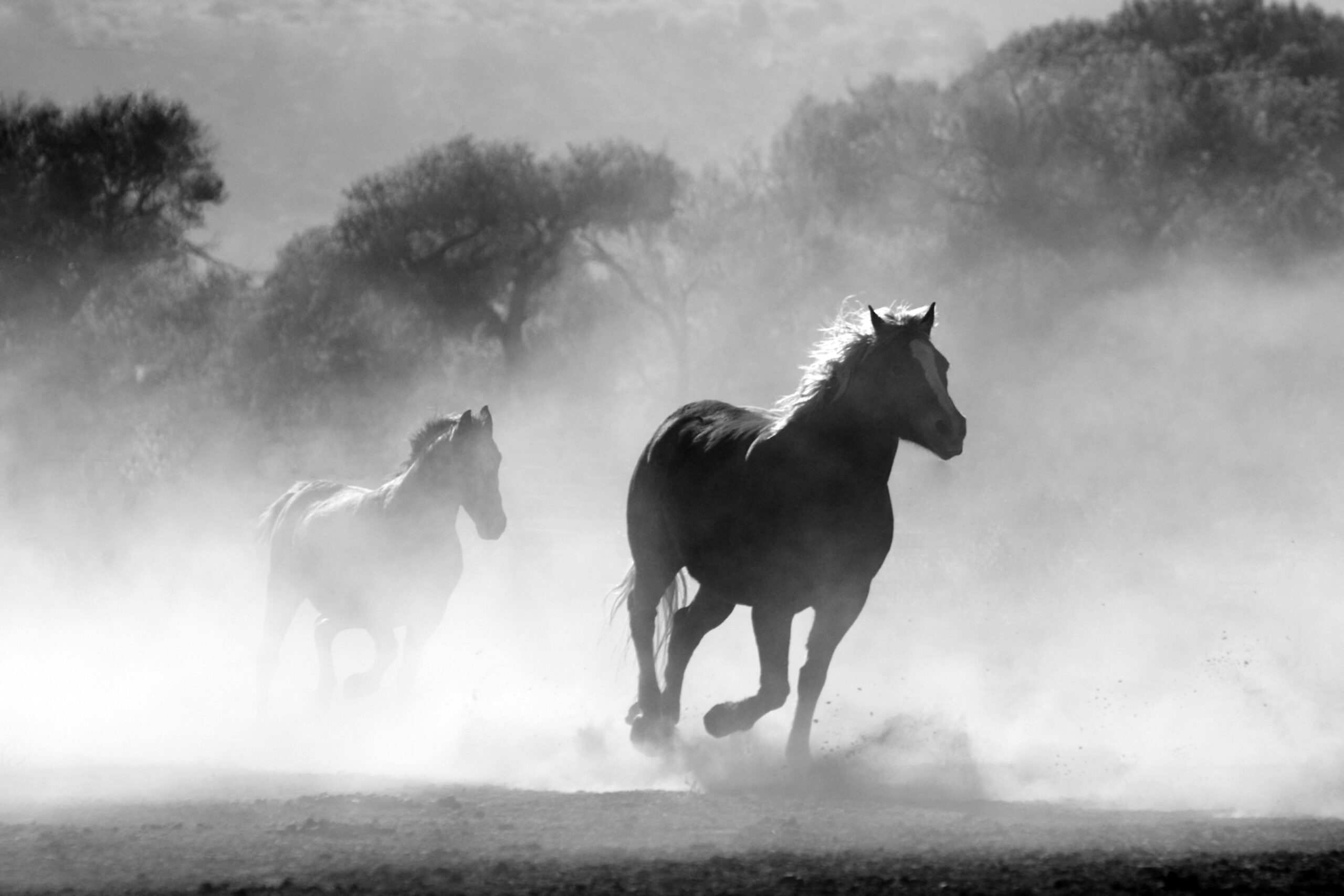Late in the opening song of his new album, Tom Waits shouts over a squall of blues harp and raw guitar: “All aboard! All aboard!” Our destination is Chicago, where “maybe things will be better.” But this being a Tom Waits album, Chicago surely will be the death of us all – if we make it that far. Bad luck will befall us at every bend, evil will slip a little something into our drinks, and if the train doesn’t go off the rails somewhere outside of South Doom, it’s only because our conductor has a full-on, proper train wreck in mind for us. Sounds like hell. But hell, it’s why we signed on for the trip. We’ll be like June Star and John Wesley, the kids in Flannery O’Connor’s “A Good Man is Hard to Find,” shouting gleefully after the wreck of the family auto, “We’ve had an ACCIDENT!”
Bad as Me, Waits’ new album, is thirteen songs of woe and wander, dogs and war, cages and stages, turnpikes and prison walls, trains and freeways, an Edsel up on blocks. Seven years after he titled an album “Real Gone,” he’s back and restless as ever, still with that grifter’s sense of place – best move on, boys; they’re onto us. Names are named – Gunplay Maxwell, Flat Nose George, Mackey Debiasi. Destinations are called out like trains stops – Las Vegas, the gallows, and of course Chicago, where “maybe things will be better.”
But it’s only the last two letters of the word that hold any sway with our man Tom.
Go.
“Ocean wants a sailor / Gun wants a hand / Money wants a spender / And the road wants a man,” he sings in “Face to the Highway.” In “Get Lost,” he sings, “I don’t want to feel all cooped up / I feel like I’m on a chain / I got my ride all souped up / We’re never coming back again.”
He’s the patron saint of gone – of lighting up, getting lit, and lighting out. He’s pontiff of the church of roam. He’s our co-pilot, telling us to leave, forsake, go.
I know, I know. It’s all a bit of a con. The man seems, by all news accounts, practically a homebody – a happily married teetotaler who rarely tours. Yeah, and Steinbeck, they now say, checked into the occasional ritzy hotel during his ‘Travels With Charley.”
But these are songs, performances, theater, art – and as with the best of all that, Tom Waits’ road songs appeal to our restless bones by way of our heads, our imaginations. Apologies to Hollywood, but that’s where all the best stories come alive. It’s why the book is almost always better than the movie.
And the song, sometimes, is best of all.
Today, The Common features a special guest blog post by David Williams, author of Issue 02’s “The Long Gone Daddies.” Subscribe here to read David’s piece from Issue 02 in PDF or print.



